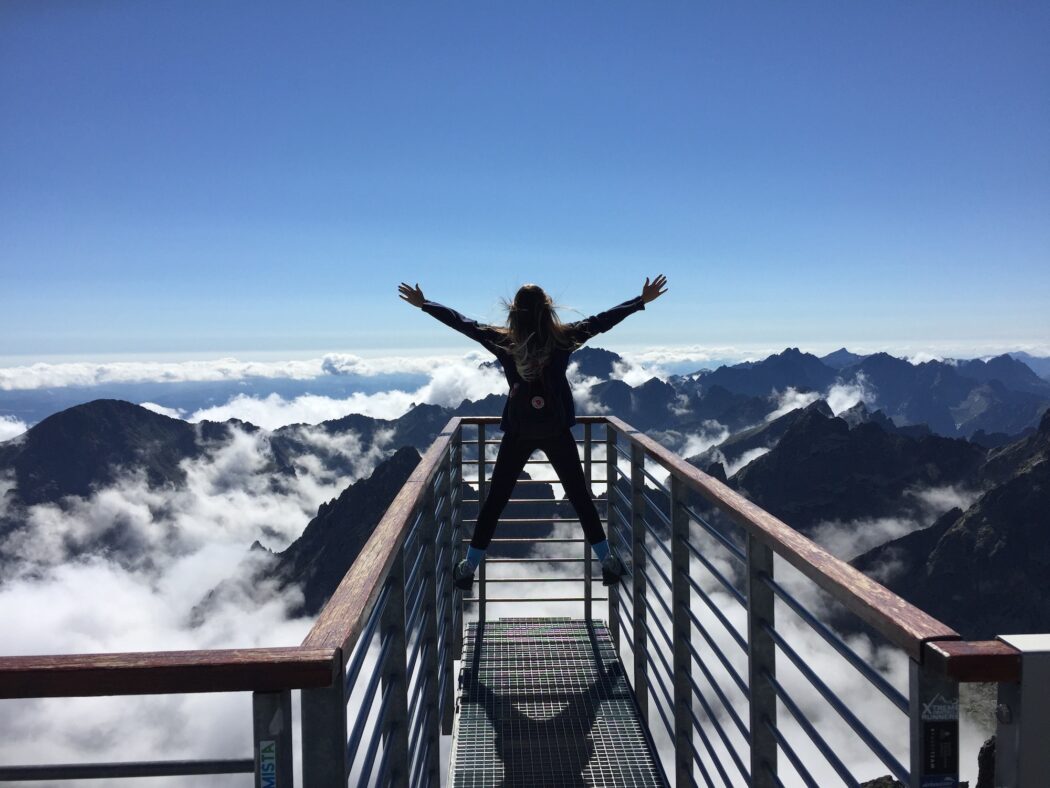Free mental health resources at the Trula foundation
The Trula Foundation has free mental health resources for students in public universities and technical schools in Utah.
The Trula Foundation was started in 2019 to get in front of mental health needs on college campuses. The idea was brought about by the late Lindsay Atwood, a board member of Dixie State University who saw the effects of mental health first hand as he lost two brothers to suicide. Atwood heard of a Dixie State student’s death by suicide and decided things needed to change. Jeremiah Riley and Rick Atkin got involved in this endeavor, and Trula became a much needed resource available to students.
“It was founded with the idea of prevention in mind so that we really meet and connect with college students before there ever really is a crisis,” said Megan Miller, a wellness coach at Trula.
Trula was made to help students with their mental health and overall wellbeing before there are any real issues.
“We want to try to catch those students in those moments where they’re having stress and increase their resilience through a coaching relationship. Let’s work through it. Let’s talk through it. Let’s work on some goals and develop confidence,” Tasha McNamee, Trula’s program director, said to ABC4.
TrulaCampus is a free platform where students can meet with wellness coaches. In the sessions, coaches and students meet one-on-one once a week for six weeks, but if the student wants to, they can go longer.
Students can choose between Zoom calls, texting or phone calls as a means of meeting with their coaches. These meetings are centered around what the student wants, possible goals they want to accomplish and what they are struggling with.
“Helping people to discover what they want and also to empower them to get there is what coaching is really about,” Miller said.
Coaches help students work through their feelings and what is going on in their lives before jumping into the problem-solving and goal-setting part of the sessions.
“Coaching is really about having meaningful conversations with people,” Miller said. “You have to set yourself aside and be able to focus and be present for someone else and to really give them what they need. And if I don’t know what they need, asking them what they need from me.”
To become a coach for Trula, applicants must complete a 12-hour online course. The training involves learning coaching principles, skills and tools. The goal is by the end of the course, a person has gained the skills to help students navigate challenges, set goals and work to accomplish those goals.
“Everyone is the expert in their own life, everyone is whole, capable and resourceful,” Miller said. “So the way we approach coaching is that the sessions are about you. You have the answers, they’re in there somewhere. And as the coach, I’m there to just kind of draw them out of you.”
Trula peer coaches must be enrolled in a public higher education institution in Utah. They only have to work 10 hours per week with a flexible schedule and will be mentored by a certified coach. Coaches receive $2,000 in scholarship money per semester. These positions are aimed to be occupied by students who are studying applied sociology, psychology, population or public health, communications, criminal justice or other applicable majors. The main qualifications Trula is looking for in peer coaches are at least a 3.0 GPA and having completed one semester of college at a Utah higher ed institution.
Photo from Pexels by Nina Uhlíková

